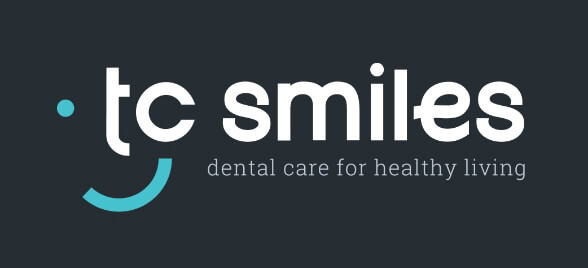 Orthodontic treatment is a specialised branch of dentistry focused on correcting malocclusions – teeth and jaw misalignments. This field goes beyond just straightening teeth; it plays a crucial role in addressing complex dental and facial conditions, improving both function and aesthetics.
Orthodontic treatment is a specialised branch of dentistry focused on correcting malocclusions – teeth and jaw misalignments. This field goes beyond just straightening teeth; it plays a crucial role in addressing complex dental and facial conditions, improving both function and aesthetics.
Let’s take a look at how orthodontic treatment benefits those with unique dental challenges, the advanced techniques employed, and the collaborative approach between general dentists and orthodontists.
The Role of Orthodontics in Special Cases
Orthodontics doesn’t just focus on achieving a visually pleasing alignment of the teeth; it’s about restoring balance and function to the oral environment. Conditions like cleft palate, temporomandibular joint (TMJ) disorders, and severe malocclusions can significantly impact an individual’s quality of life, affecting everything from chewing and speaking to self-esteem. Through precise realignment, orthodontics addresses these issues, enhancing cleanliness, functionality, and overall facial profile.
Advanced Techniques and Technologies
Orthodontists employ various advanced techniques and technologies tailored to the complexities of each case. Traditional brackets and wires remain foundational, offering versatile solutions for various malocclusions. Temporary Anchorage Devices (TADs), expanders, and growth modifiers further extend the capabilities of fixed orthodontics.
Meanwhile, the advent of aligner therapy, such as Invisalign treatment, provides a discreet and flexible option for patients capable of treating a wider array of cases thanks to ongoing technological advancements.
Special Considerations in Orthodontic Treatment
Certain dental conditions require special orthodontic intervention. For instance, clear aligners might not be suitable for very complex malocclusions, including severe overbites or underbites. These scenarios require more traditional orthodontic approaches, which can apply different forces to achieve the desired alignment and balance. Orthodontists are equipped to handle these intricate cases, leveraging their expertise to devise effective treatment plans.
Collaboration Between Dentists and Orthodontists
The journey to a corrected bite often begins with a general dentist as the primary care practitioner. Our dentists are skilled at identifying potential orthodontic needs during routine examinations. When a condition falls outside their scope, they refer patients to trusted orthodontists for specialised care. This collaborative relationship ensures that patients receive comprehensive care tailored to their specific needs, from initial assessment through to specialised treatment.
Understanding the Impact of Ectopic Teeth
An interesting aspect of orthodontics is its role in addressing ectopic teeth – teeth that have not erupted as expected and developed in an abnormal position remaining in the gum or jawbone. This condition can persist into adulthood and requires specialised attention to resolve. Both genetics and environmental factors can contribute to ectopic teeth, underscoring the importance of early detection and intervention by orthodontic specialists.
A Path to Improved Oral Health and Aesthetics
Orthodontic treatment offers more than just cosmetic enhancements; it’s a pathway to better oral health and functionality. By addressing complex dental conditions with customised treatment plans, orthodontists help patients achieve a more attractive smile and a healthier, more balanced oral environment. The collaboration between general dentists and orthodontic specialists is vital, ensuring that every patient, regardless of the complexity of their case, can access the care they need to thrive.
Orthodontics for special cases underscores the field’s depth and its commitment to addressing a wide range of dental challenges. Through advanced techniques, technologies, and collaborative care, orthodontic treatment continues to evolve, offering hope and solutions for those facing unique dental conditions.
Schedule a Consultation
Wondering how orthodontics can help improve your smile? Contact TC Smiles today to book a consultation.
* Any surgical or invasive procedure carries risks. Before proceeding, you should seek a second opinion from an appropriately qualified health practitioner.
